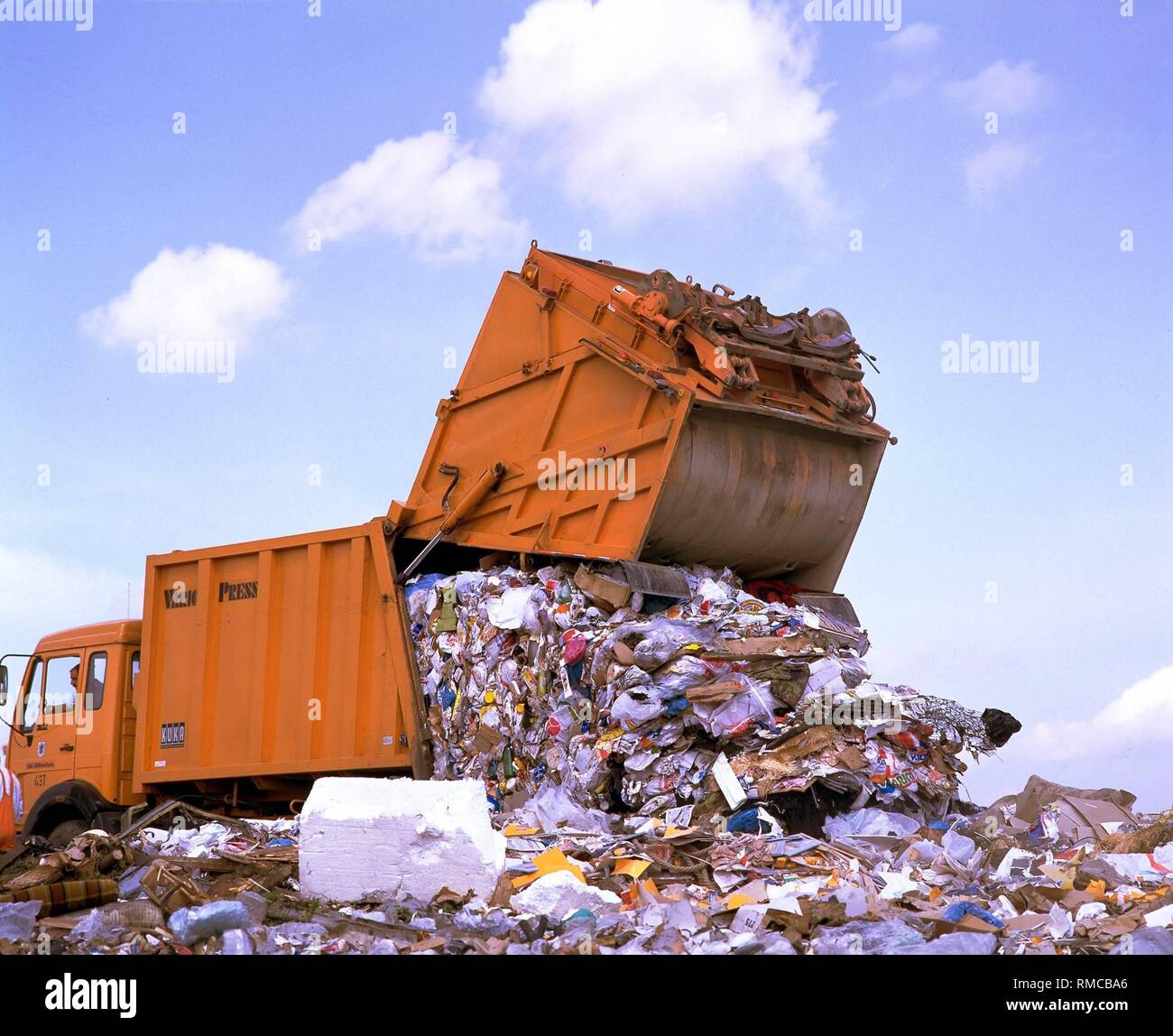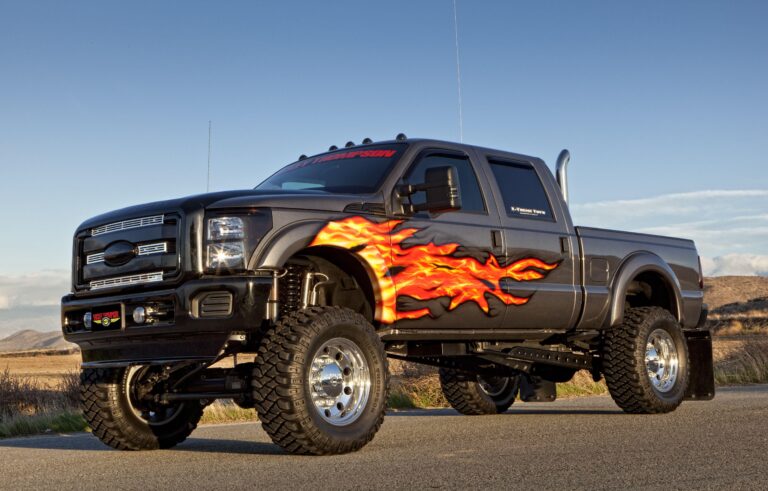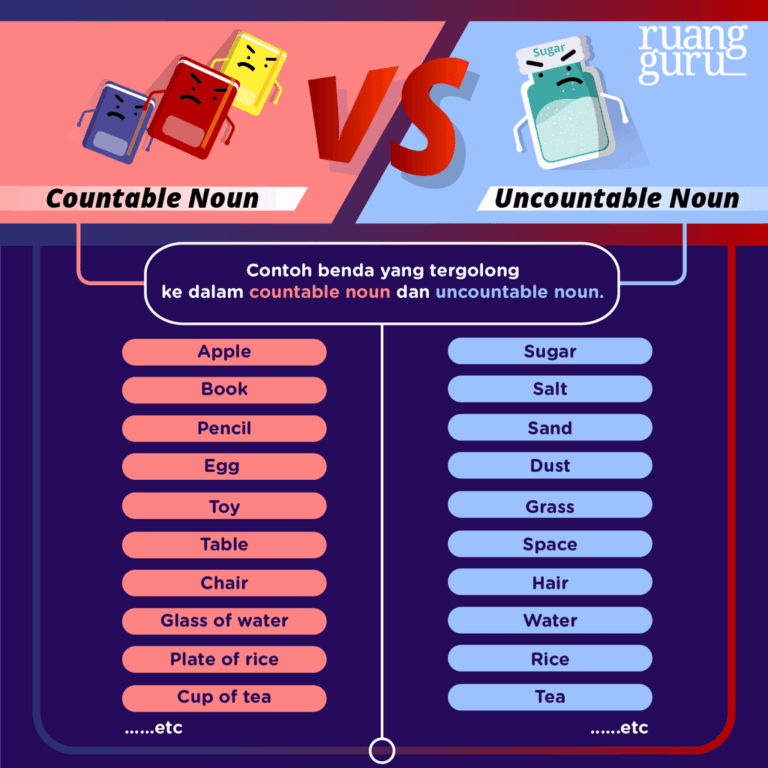Dump Truck Resale Value: A Comprehensive Guide to Maximizing Your Investment
Dump Truck Resale Value: A Comprehensive Guide to Maximizing Your Investment cars.truckstrend.com
In the heavy equipment world, a dump truck is more than just a piece of machinery; it’s a vital asset, a workhorse that underpins countless construction, mining, and infrastructure projects. For owners, operators, and fleet managers, understanding the intricacies of dump truck resale value is not merely an academic exercise—it’s a critical component of financial planning, fleet management, and long-term profitability. A well-maintained dump truck can represent a significant portion of a company’s assets, and its eventual resale value directly impacts the return on investment (ROI) and the capital available for future acquisitions.
This comprehensive guide will delve into the multifaceted world of dump truck resale value, exploring the factors that drive it, strategies to enhance it, common challenges, and practical advice to ensure you get the most out out of your heavy-duty investment.
Dump Truck Resale Value: A Comprehensive Guide to Maximizing Your Investment
Understanding Dump Truck Resale Value: What It Is and Why It Matters
Dump truck resale value refers to the price at which a used dump truck can be sold on the secondary market. It’s a dynamic figure influenced by a multitude of internal and external factors. For businesses, accurately estimating and optimizing this value is paramount for several reasons:
- Capital Recovery: A strong resale value means recouping a larger portion of the initial investment, freeing up capital for new equipment or other business needs.
- Fleet Management: Understanding depreciation and potential resale values allows for more strategic decisions regarding equipment rotation, replacement cycles, and fleet expansion.
- Financing & Insurance: Lenders and insurance providers often consider resale value when assessing risk and determining rates, potentially impacting your operational costs.
- Competitive Edge: Companies that manage their assets effectively, including maximizing resale value, can achieve better financial health and a competitive edge in their respective industries.
- Budgeting & Planning: Accurate resale value projections aid in long-term budgeting and financial forecasting, ensuring business stability.

In essence, neglecting the factors that influence dump truck resale value is akin to ignoring a significant leak in your financial pipeline. Proactive management is key to transforming a potential loss into a strategic gain.
Key Factors Influencing Dump Truck Resale Value
The value of a used dump truck isnies in a complex interplay of various elements. Understanding these factors is the first step toward optimizing your asset’s worth.
1. Age and Usage (Hours/Mileage)

This is perhaps the most significant determinant. Like all heavy machinery, dump trucks depreciate with age and use.
- Age: Newer trucks generally command higher prices. Depreciation is steepest in the first few years.
- Hours/Mileage: For dump trucks, engine hours are often a more accurate measure of wear than mileage, especially for trucks used heavily off-road or in stop-and-go applications. Lower hours/mileage relative to age indicates less wear and tear.

2. Overall Condition: Mechanical and Cosmetic
- Mechanical Condition: This is paramount. Buyers prioritize a truck’s operational integrity. A well-maintained engine, transmission, hydraulic system, brakes, and suspension are critical. Any known issues or pending repairs will significantly devalue the truck.
- Cosmetic Condition: While less critical than mechanical, a clean, well-maintained exterior (paint, body panels, glass, interior) suggests a truck that has been cared for. Rust, dents, faded paint, and torn interiors detract from value and signal potential neglect.
3. Maintenance History and Records
A comprehensive, verifiable maintenance history is invaluable. It demonstrates consistent care, adherence to manufacturer specifications, and proactive issue resolution. Detailed records of services, repairs, and part replacements provide transparency and build buyer confidence. Trucks with incomplete or no records are viewed with suspicion and often fetch lower prices.
4. Brand and Model Reputation
Certain manufacturers (e.g., Peterbilt, Kenworth, Freightliner, Volvo, Mack, Western Star) have established reputations for reliability, durability, and readily available parts and service networks. Trucks from these reputable brands often retain a higher percentage of their original value compared to lesser-known or less-supported brands. Specific models within these brands might also have stronger resale markets due to their proven performance or popularity for certain applications.
5. Specifications and Features
The truck’s configuration plays a significant role:
- Engine Size & Horsepower: Appropriate power for the intended application.
- Transmission Type: Manual transmissions were once standard, but automatics are increasingly preferred for ease of operation and driver retention, often commanding a premium.
- Axle Configuration: Tandem, tri-axle, quad-axle, super dumps, and transfer dumps each have specific applications and market demands. More specialized configurations might appeal to a narrower market but can fetch higher prices within that niche.
- Body Type & Material: Steel vs. aluminum, body capacity, and specialized features like heated beds or asphalt liners.
- Auxiliary Equipment: PTO, wet kits, plows, spreaders, etc., can add value if they are in good working order and relevant to the buyer’s needs.
6. Market Demand and Economic Conditions
Resale values are influenced by broader economic trends and industry-specific demand. A booming construction sector will drive up demand for dump trucks, increasing their value. Conversely, an economic downturn or slowdown in construction can lead to an oversupply of used equipment, driving prices down. Regional demand also plays a role; a truck configured for snowy climates might fetch more in the Midwest than in the Southwest.
7. Emissions Regulations
Increasingly stringent emissions standards (e.g., EPA Tier standards, CARB regulations) significantly impact the value of older trucks. Trucks that do not meet current emissions standards may be restricted from operating in certain areas, limiting their market and reducing their value, especially for buyers in regulated regions.
Maximizing Your Dump Truck’s Resale Value: Actionable Strategies
While some factors like market demand are beyond your control, many others can be actively managed to protect and enhance your dump truck’s resale value.
1. Implement Proactive and Consistent Maintenance
This is the single most effective strategy. Stick to or exceed manufacturer-recommended service intervals. Address minor issues immediately before they escalate into major, costly repairs. Focus on engine, transmission, hydraulics, brakes, and tires.
- Fluid Changes: Regular oil, transmission, differential, and hydraulic fluid changes.
- Filter Replacements: Air, fuel, and oil filters.
- Lubrication: Proper greasing of all points.
- Component Inspections: Regular checks of hoses, belts, electrical systems, and structural integrity.
2. Maintain Meticulous Records
Keep a detailed logbook or digital file of all maintenance, repairs, and parts replaced. Include dates, mileage/hours, nature of work, and costs. This verifiable history provides irrefutable proof of diligent care and significantly boosts buyer confidence.
3. Prioritize Cosmetic Care
While mechanical soundness is primary, appearance matters.
- Regular Cleaning: Wash and wax the exterior, clean the interior regularly.
- Address Rust: Nip rust in the bud. Repair minor body damage (dents, scratches) and touch up paint.
- Interior Upkeep: Keep the cab clean, repair torn seats, and ensure all gauges and lights work. A well-kept interior suggests a professional operator.
4. Strategic Upgrades and Repairs
Before selling, evaluate if certain repairs or minor upgrades will significantly increase value. For example, replacing worn tires, fixing a leaky hydraulic line, or repairing a broken light might cost a few hundred dollars but could add thousands to the selling price and make the truck more attractive. Avoid major overhauls unless absolutely necessary, as the cost might outweigh the return.
5. Understand Market Timing
Selling when demand is high (e.g., during a construction boom or specific seasons) can yield better prices. Research current market trends and anticipate future demand. Selling before a new emissions standard takes effect might also be advantageous for older trucks.
6. Effective Marketing and Documentation
When it’s time to sell:
- High-Quality Photos & Videos: Showcase the truck from all angles, including the interior, engine bay, and undercarriage. Highlight key features.
- Detailed Description: Be thorough and honest. List all specifications, features, recent maintenance, and any minor imperfections.
- Provide Full Documentation: Have all maintenance records, title, and other relevant paperwork readily available for potential buyers.
- Multiple Sales Channels: Utilize online heavy equipment marketplaces, dealer trade-ins, auctions, and industry-specific forums.
Challenges and Solutions in Reselling Dump Trucks
Selling a dump truck isn’t always straightforward. Awareness of potential pitfalls can help you navigate the process more effectively.
- High Depreciation: Dump trucks are significant investments and depreciate quickly, especially in the initial years.
- Solution: Focus on proactive maintenance to slow the rate of depreciation and aim for a strategic replacement cycle.
- Specialized Market: The buyer pool for heavy equipment is smaller and more specialized than for consumer vehicles.
- Solution: Target specific industries or regions, utilize specialized heavy equipment sales platforms, and network within the industry.
- Regulatory Hurdles (Emissions): Older trucks may face restrictions, limiting their market appeal.
- Solution: Be transparent about emissions compliance. Consider selling to markets with less stringent regulations or to buyers who plan to operate in unrestricted zones.
- Accurate Valuation: Determining a fair price can be challenging due to fluctuating market conditions and unique truck configurations.
- Solution: Get professional appraisals, compare with similar listings, and consider the insights of reputable equipment dealers.
Types of Dump Trucks and Their Resale Value Nuances
Different dump truck configurations cater to specific needs, which can influence their resale market.
- Standard/Tandem Axle Dump Trucks: Most common, versatile for various construction and hauling tasks. High demand usually ensures a decent resale market if well-maintained.
- Tri-Axle/Quad-Axle Dump Trucks: Designed for heavier loads, popular in regions with high gross vehicle weight limits. Their specialized nature means a slightly narrower but often more dedicated buyer base.
- Articulated Dump Trucks (ADTs): Excellent for off-road, rugged terrain, and soft ground conditions (e.g., mining, quarry work, large-scale earthmoving). They retain value well within their niche due to their specialized capabilities and robust construction.
- Transfer/Super Dumps: Maximize payload capacity through additional trailers or movable axles. High upfront cost, but their efficiency can make them desirable in specific markets, leading to good resale for the right buyer.
- Off-Road/Mine Dump Trucks: Massive capacity, built for extreme conditions. Very niche market, but extremely high value for the right application. Depreciation can be high initially, but they maintain value if they remain operational in specialized industries.
Estimated Resale Value Ranges Based on Key Factors
It’s impossible to provide exact prices without specific truck details, but the table below illustrates general ranges of retained value based on common factors. These are percentages of the original purchase price.
| Factor | Excellent Condition (Well-Maintained, Low Hours/Miles) | Good Condition (Regular Use, Average Hours/Miles) | Fair Condition (High Hours/Miles, Minor Issues) | Poor Condition (High Hours, Major Issues) |
|---|---|---|---|---|
| Age: 1-3 Years | 65% – 75% | 55% – 65% | 45% – 55% | 35% – 45% |
| Age: 4-6 Years | 50% – 60% | 40% – 50% | 30% – 40% | 20% – 30% |
| Age: 7-10 Years | 35% – 45% | 25% – 35% | 15% – 25% | 10% – 15% |
| Age: 10+ Years | 20% – 30% (If exceptional) | 10% – 20% | 5% – 10% | <5% (Parts Value) |
| Premium Brand | +5% – 10% on respective age/condition range | +3% – 7% | +1% – 5% | – |
| Average Brand | Standard range | Standard range | Standard range | Standard range |
| Less Common Brand | -5% – 10% on respective age/condition range | -3% – 7% | -1% – 5% | – |
| Full Service Records | +5% – 10% | +3% – 7% | +1% – 5% | – |
| No Service Records | -5% – 15% | -5% – 15% | -5% – 15% | – |
Note: These are general estimates. Actual values depend heavily on specific model, market demand, regional factors, and unique features.
Frequently Asked Questions (FAQ) About Dump Truck Resale Value
Q1: How often should I service my dump truck to maintain its value?
A1: Adhere strictly to the manufacturer’s recommended service intervals, or even slightly more frequently if operating in harsh conditions. Proactive maintenance is key to preventing major breakdowns and ensuring longevity, directly impacting resale value.
Q2: Does the brand of my dump truck really matter for resale?
A2: Absolutely. Reputable brands like Peterbilt, Kenworth, Freightliner, Volvo, and Mack generally hold their value better due to their reputation for reliability, durability, and better access to parts and service networks.
Q3: What’s the best time of year to sell a dump truck?
A3: Generally, spring and early summer often see increased demand as construction projects ramp up. However, local market conditions and specific industry cycles can vary, so research your regional demand.
Q4: Should I fix cosmetic damage (dents, scratches) before selling?
A4: Minor cosmetic fixes can yield a good return on investment. A well-presented truck suggests it has been cared for, building buyer confidence. Major bodywork might not always pay off, so weigh the cost against the potential increase in selling price.
Q5: How do I get an accurate appraisal for my dump truck?
A5: You can consult with heavy equipment dealers, professional appraisers specializing in heavy machinery, or utilize online valuation tools and auction results for comparable sales. Providing comprehensive maintenance records will greatly assist in an accurate appraisal.
Q6: What role do emissions standards play in resale value?
A6: A significant one. Trucks that don’t meet current or impending emissions standards (e.g., Tier 4 Final, CARB compliant) may face operational restrictions in certain regions, severely limiting their market and reducing their value. Buyers in regulated areas will specifically seek compliant vehicles.
Conclusion
The resale value of your dump truck is not a fixed outcome but a dynamic figure heavily influenced by your strategic decisions and operational practices. By understanding the key factors that drive value—from meticulous maintenance and detailed record-keeping to savvy market timing and effective presentation—you can significantly enhance your return on investment. Treating your dump truck as a valuable asset from the day of purchase, rather than just a tool, will ensure that when it’s time to sell, you not only recoup a substantial portion of your initial outlay but also strengthen your financial position for future endeavors. Investing in your dump truck’s care is truly an investment in your business’s future.






